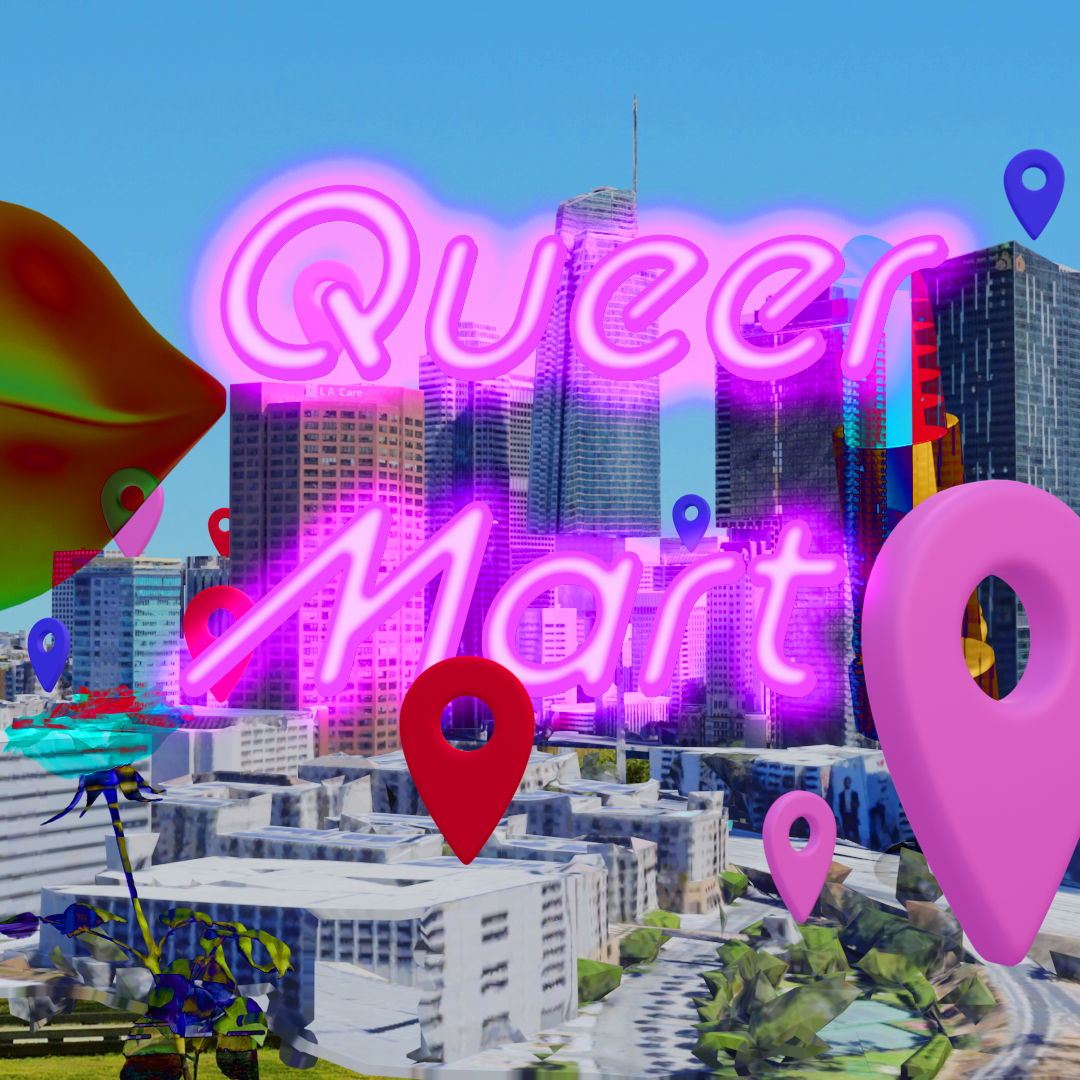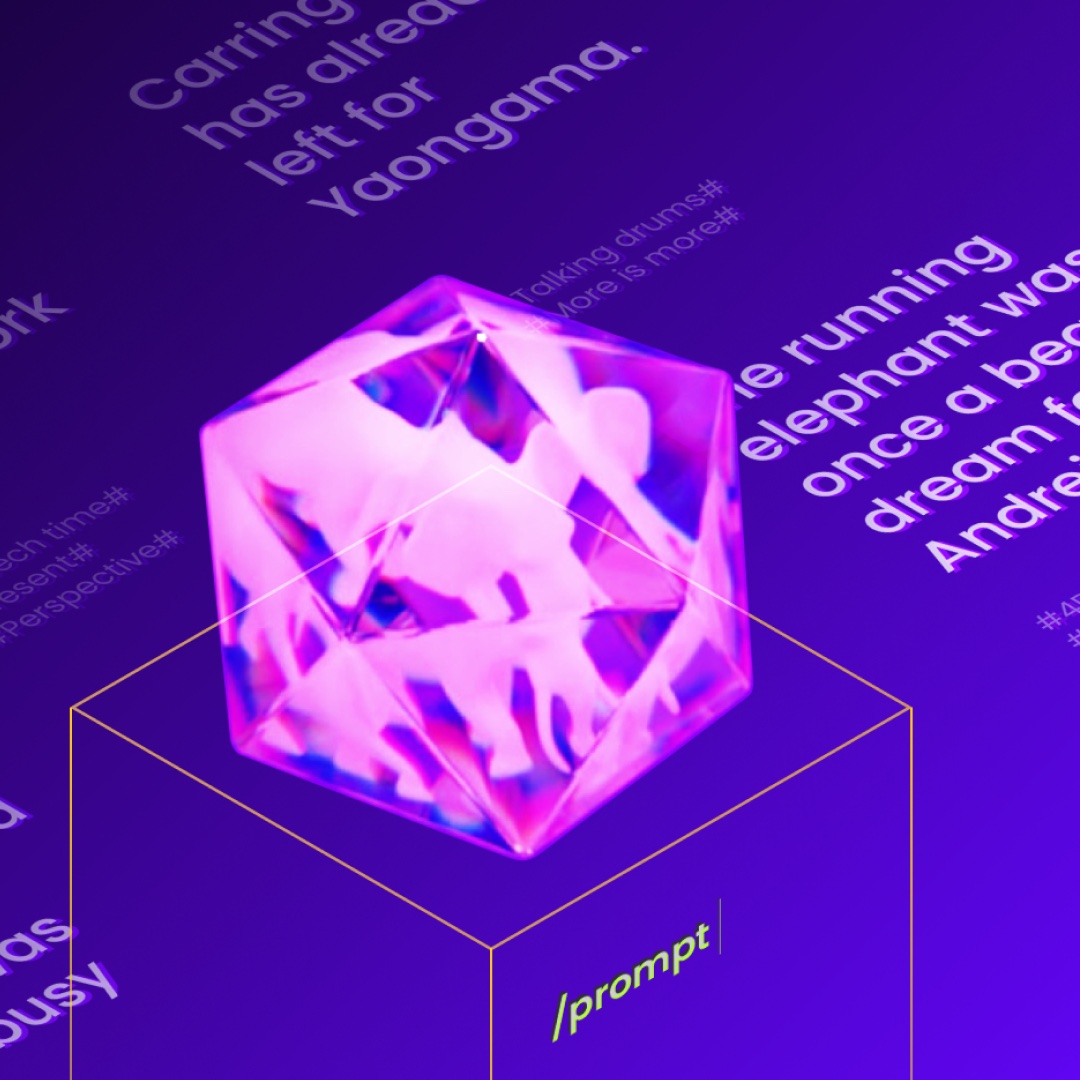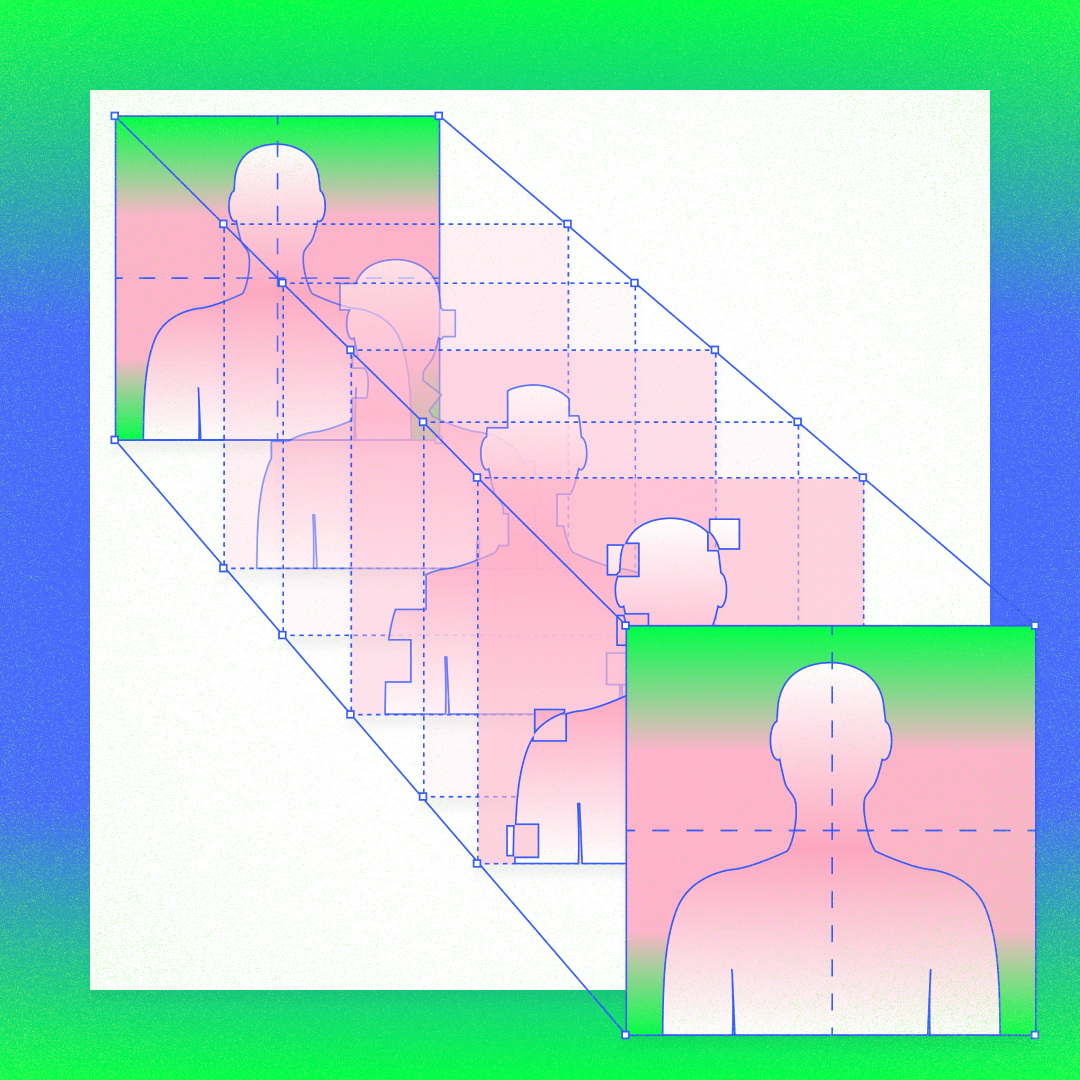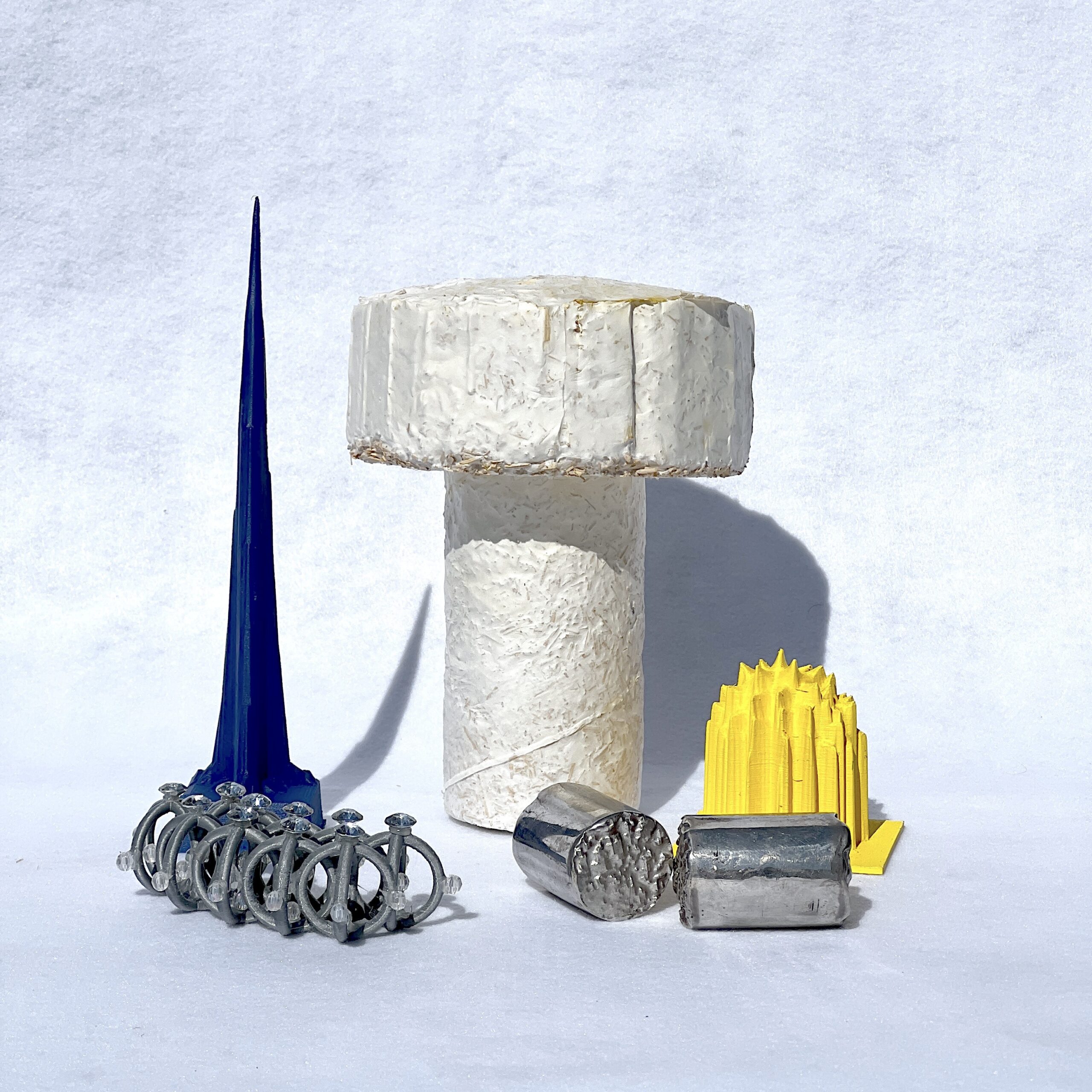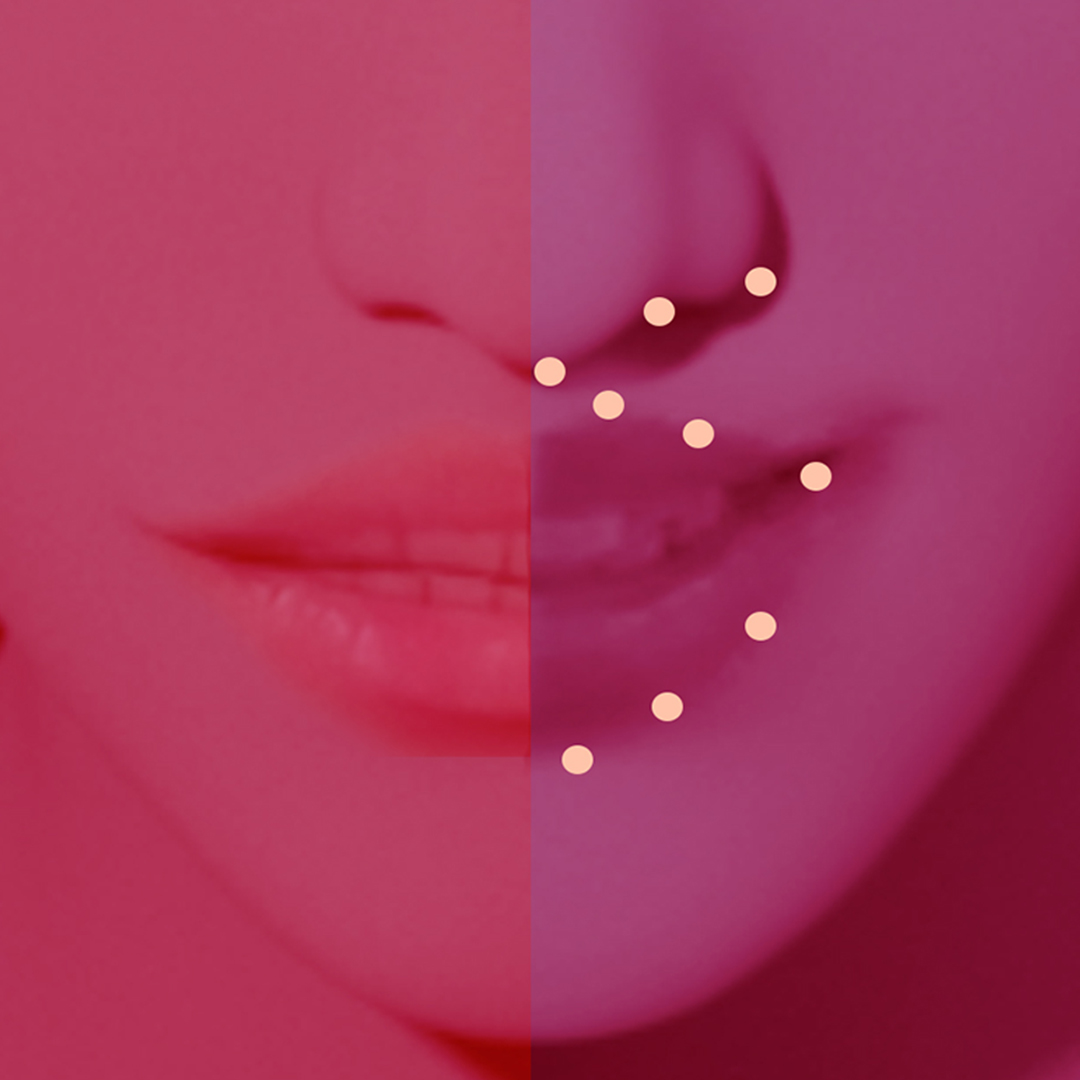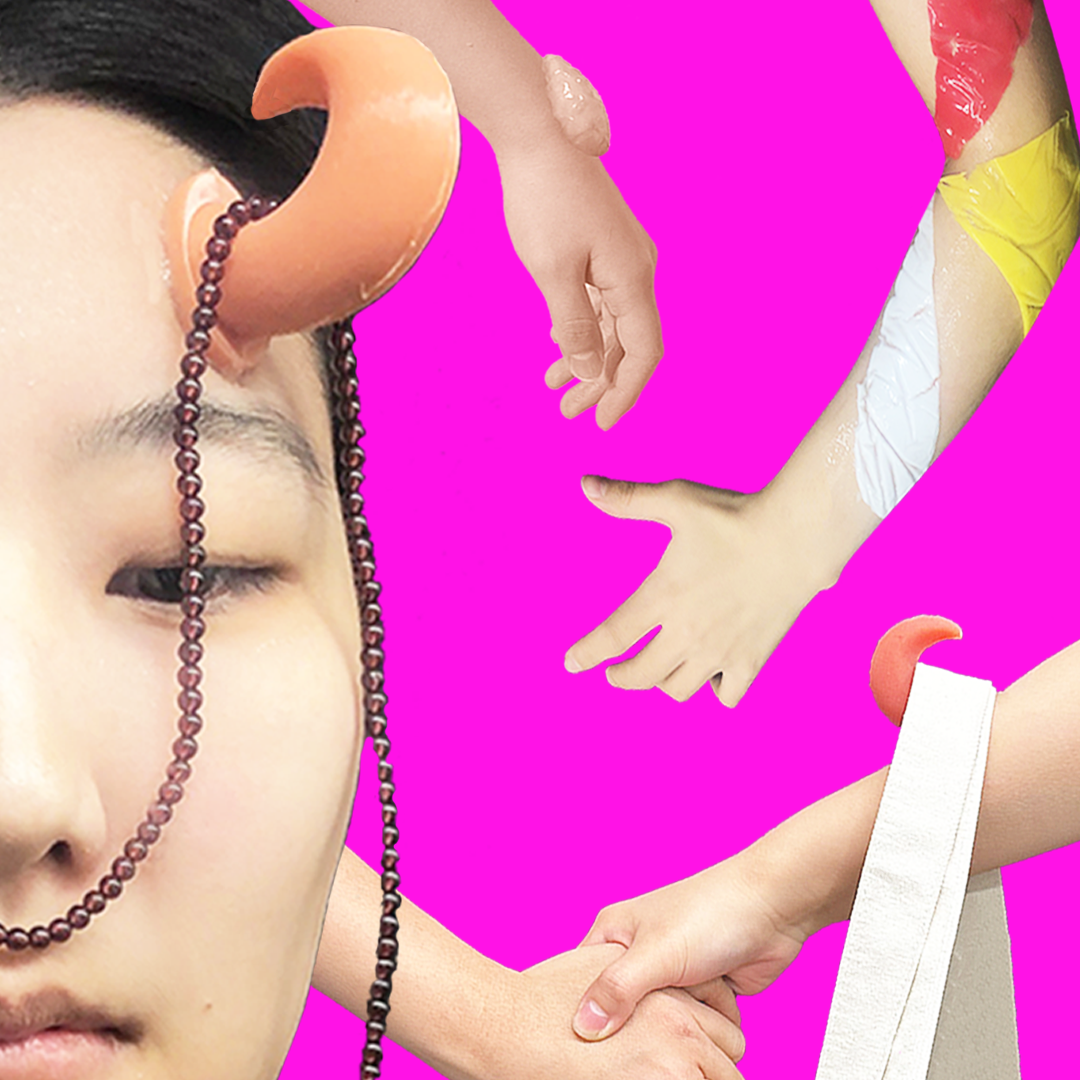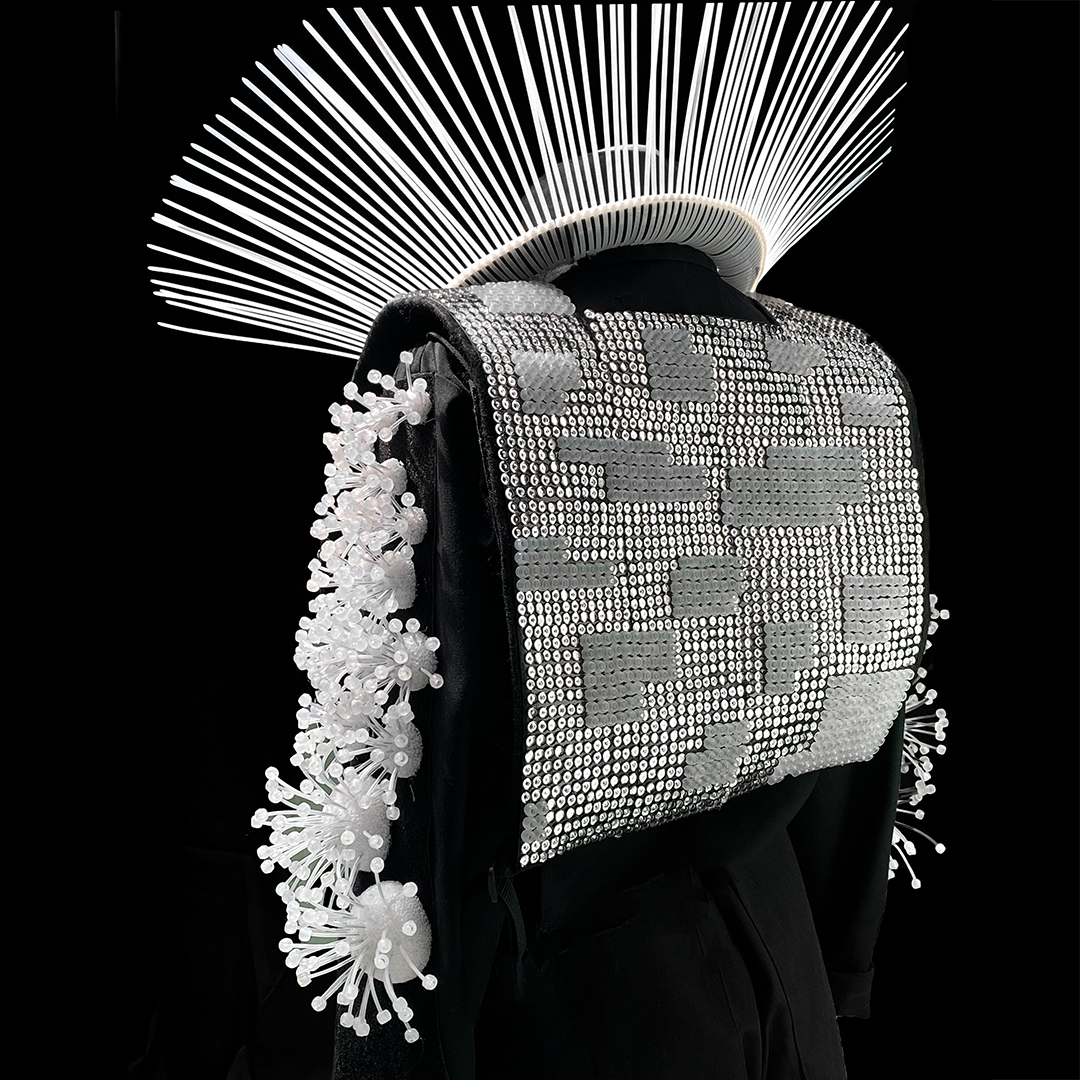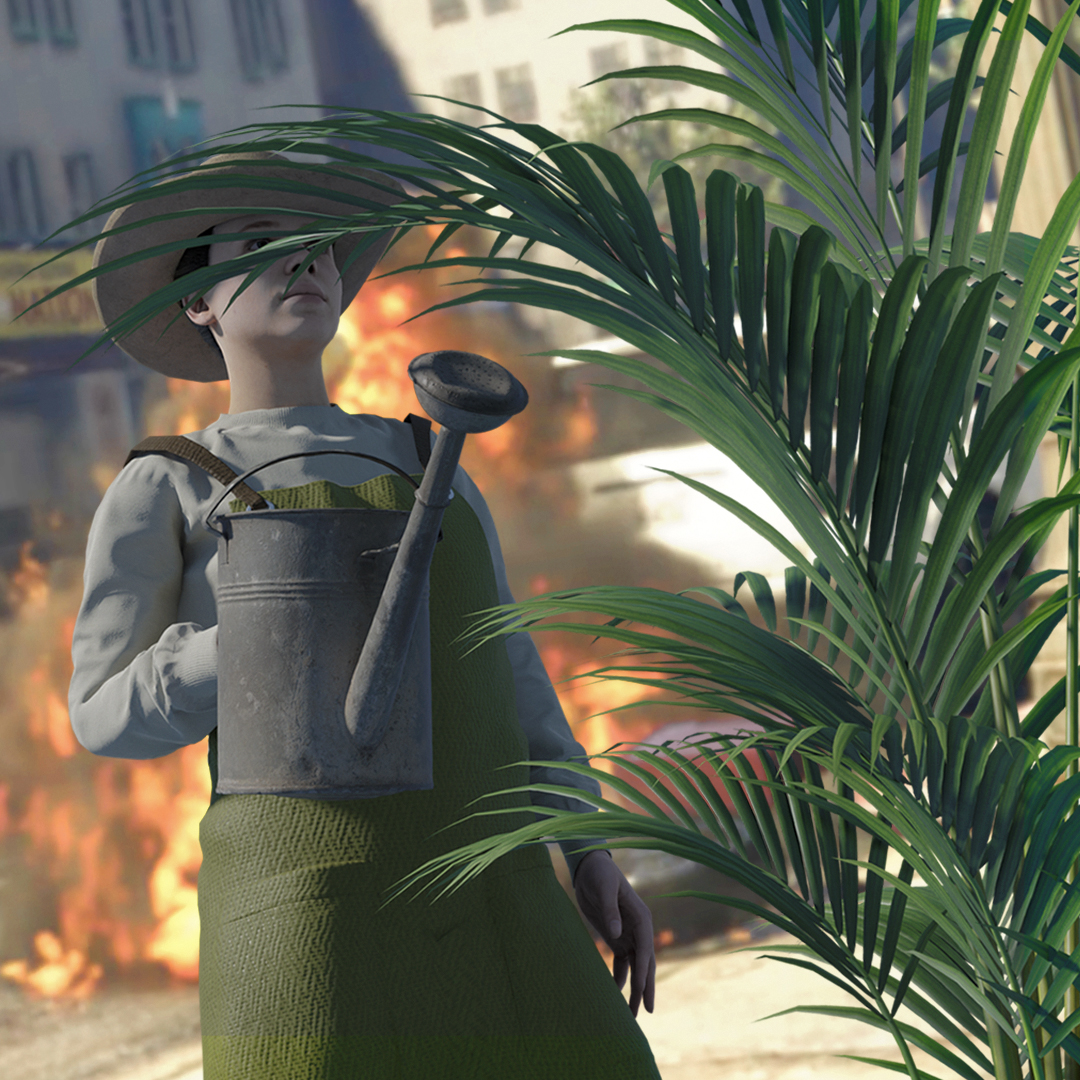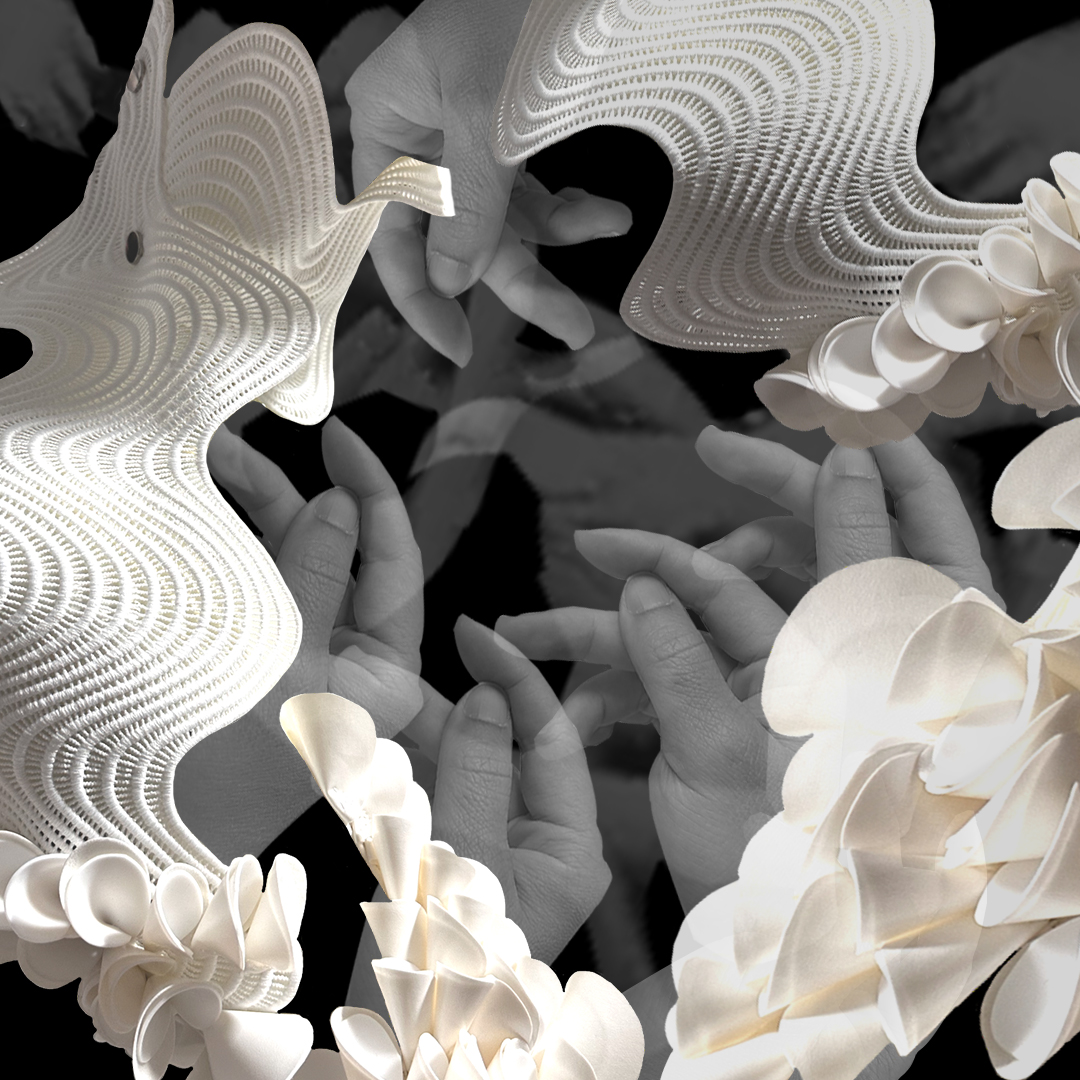Claire L. Evans
Claire L. Evans is a writer and musician exploring ecology, technology, and culture.
She is the singer of the Grammy-nominated pop group YACHT, co-founder of VICE’s imprint for speculative fiction, Terraform, and co-editor, with Brian Merchant, of the accompanying anthology Terraform: Watch Worlds Burn (MCD Books, 2022). Her 2018 history of women in computing, Broad Band: The Untold Story of the Women Who Made the Internet, published by Penguin Random House, has been translated into six languages.
Her writing has appeared in The Verge, VICE, Rhizome.org, MIT Technology Review, Pioneer Works’ Broadcast, Frieze, The Guardian, Document Journal, Eye on Design, Aeon, and Grow, where she writes a regular column exploring the overlaps between computation and biology. Her 2022 profile of the lost hacker Susy Thunder was nominated for an ASME Award; a feature film adaptation of the story is in development at Paramount Pictures.
She has given invited talks at the Hirshhorn Museum, Walker Art Center, TEDx, La Gaité Lyrique, Google I/O, The New Museum, XOXO Festival, MUTEK, Goethe Institut, Manchester International Festival, SXSW, Gray Area, Neural Information Processing Systems, the Association for Computational Linguistics, and the Decentralized Web Summit, among others.

